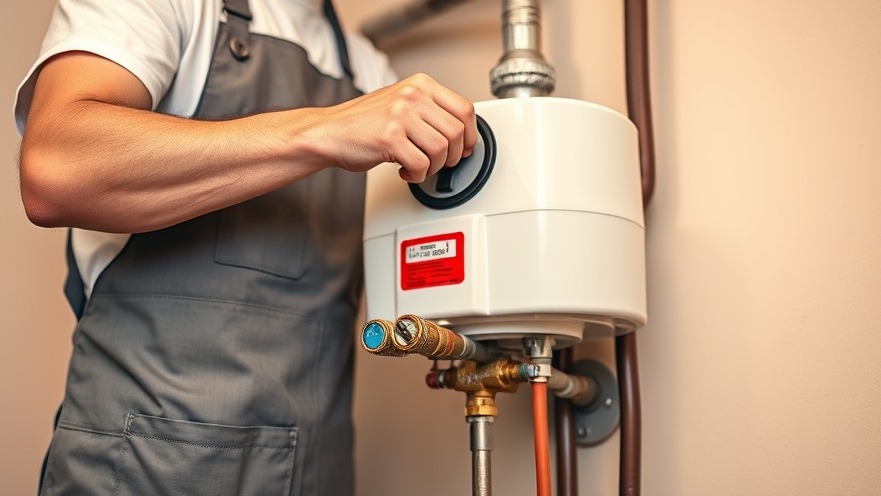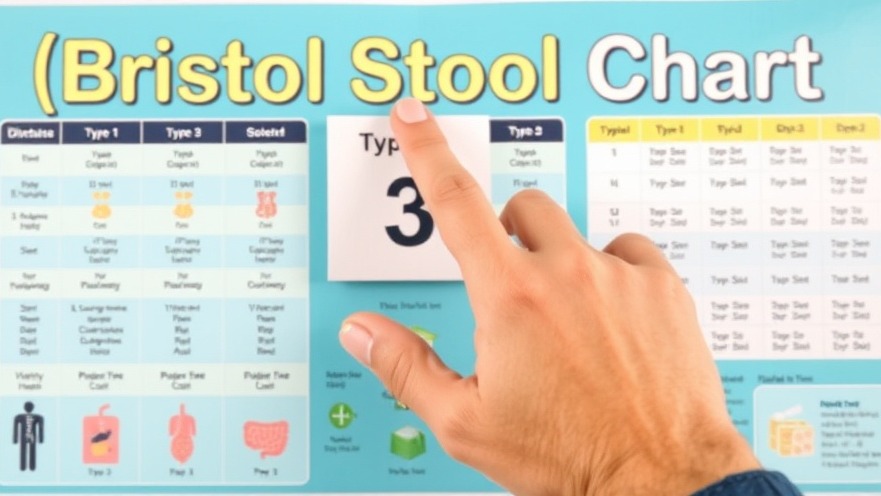
Why Your Water Heater's Health Matters
Maintaining a healthy home involves feeding not only your body but ensuring that the water flowing through your faucets is clean and safe. Your water heater plays a pivotal role in providing hot water for your daily needs; thus, keeping it in optimal condition is vital for your health and well-being. Studies have shown that poorly maintained water heaters can harbor harmful bacteria and contaminants, affecting the quality of the water you consume and use for cooking and bathing.
Routine Inspections: A Simple Yet Powerful Step
Regular inspections of your water heater can prevent significant health risks and costly repairs. It doesn’t require plumbing expertise; a simple glance can reveal possible issues. Every few months, take a moment to observe your water heater's base and connections for any leaks or corrosion. Ignoring small problems can lead to larger ones, such as mold growth or rust, which can significantly degrade the water quality and longevity of your unit.
Testing the Pressure Relief Valve: An Essential Safety Measure
The pressure relief valve is your water heater’s safety valve, designed to release excess pressure that can build up in the system. By lifting the test lever, you should hear a rush of water or air escaping. If nothing happens, it’s a clear sign the valve might need replacing. Failure to replace a faulty valve poses a serious risk, including the potential bursting of the water tank, which can be dangerous.
The Importance of Flushing Your Tank: Health Benefits Explained
Did you know that flushing your water heater can help with both efficiency and health? Sediment builds up in the tank over time, reducing performance and allowing bacteria to thrive. Flushing your water heater twice a year not only enhances water clarity and taste but also helps lower energy consumption and improve heating efficiency. To flush your heater, turn off the power, connect a hose to the drain valve, and run water into a bucket until it flows clear.
Installing a Water Filter: A Step Towards Cleaner Water
Mobile homes are particularly prone to issues like scale buildup and rust. One effective solution is to install a water filter system—either whole-house or inline—to catch sediment before it can enter your water heater. This simple upgrade vastly improves the quality of water you consume, keeping it fresher and healthier while prolonging the life of your water heating system.
Optimal Temperatures for Health and Safety
Setting your water heater to around 120 degrees Fahrenheit is crucial for both safety and energy efficiency. This temperature not only minimizes the risk of burns but also inhibits bacterial growth, making sure that your water remains safe and clean.
Conclusions and Call to Action
Although caring for your water heater may not seem like an exciting chore, it is a necessary part of maintaining a healthy, safe home environment. Following these maintenance tips will ensure your water heater runs efficiently, protecting the health of you and your loved ones. Don’t wait until small problems escalate. Start establishing a maintenance routine today to keep your home’s water supply clean and safe—your health depends on it!
 Add Element
Add Element  Add Row
Add Row 



Write A Comment